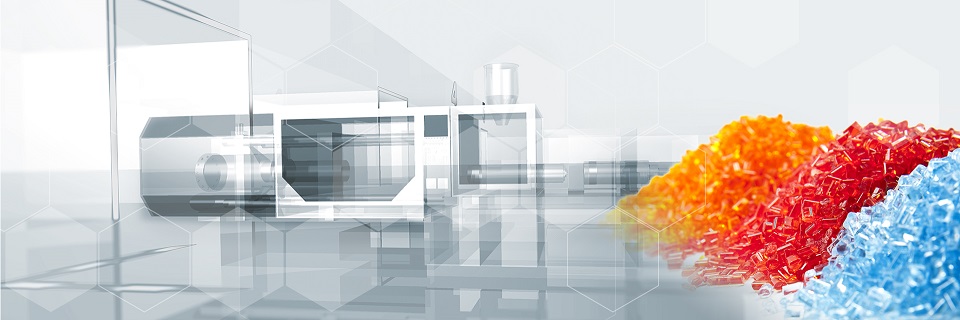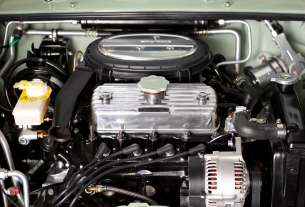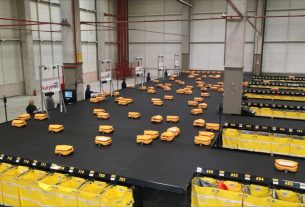One industry, countless applications. Plastics technology not only requires a wide range of machines, but also drive components that can be flexibly adapted. Benjamin Mönnig, Head of Application Sales at KEB Automation, explains what is important in plastics technology and why increased sustainability and plastics processing can work together in practice.
In which areas of plastics technology do customers rely on KEB in particular?
With our drive solutions, we are represented in all areas of plastics technology. This includes extrusion technology, such as blown film lines with auxiliary drives, profile extrusion or blow moulding machines. But we also supply injection moulding machines such as all-electric, hybrid or hydraulic machines with servo pumps, always with the aim of making the machine or system as efficient as possible.
Different fields of application also means different requirements for the drive and automation solutions. How does KEB meet these needs?
Providing individual solutions for our customers in the plastics industry are our strength. Our experts from the plastics team go into detail about the requirements of the respective application and therefore find the right drive solution. Users benefit from our system solutions. This means starting with brakes for rotary table drives, gearboxes, servo motors, drive controllers, industry-specific software and control technology. We provide customers with coordinated hardware and software solutions from a single source that are specially tailored to the plastics machine.
Which aspects of drive technology are manufacturers of plastics machinery currently attaching greater importance to?
Plant and machine builders have a justified interest in a high level of efficiency for their application. In addition, the quality of the drive components must be convincing to ensure maximum reliability and efficiency over a long service life and to prevent production downtime. A fast and globally positioned service is also important in order to receive straightforward and competent support if the unexpected should occur. Many customers also rely on the advantages of sensorless control or DC coupling. This enables the exchange of energy with other drive controllers, saves energy and ultimately contributes to increased sustainability. We also offer our customers options for feeding the surplus energy back into the grid.
Plastics processing and sustainability sounds like a contradiction. To what extent can KEB’s drive solutions have a positive environmental impact in plastics machines?
It’s not a contradiction. Our drive controllers provide very high control quality in terms of speed and torque accuracy. This increases reproducibility and significantly reduces rejects. Furthermore, it enables the end customer to produce particularly thin-walled materials. This, in turn, has a positive impact on the subsequent transport of the packaging and therefore also on the environmental impact, which can be reduced in this way. The importance of plastics in sustainable industries such as electromobility and the role they play in a well-functioning circular economy should also not be forgotten. However, sustainability at KEB already starts with the production of our components. Product design focuses on the lowest possible consumption of resources and at the end of the lifecycle, around 75 per cent of our product can be recycled.
For more information, please visit www.keb.co.uk





